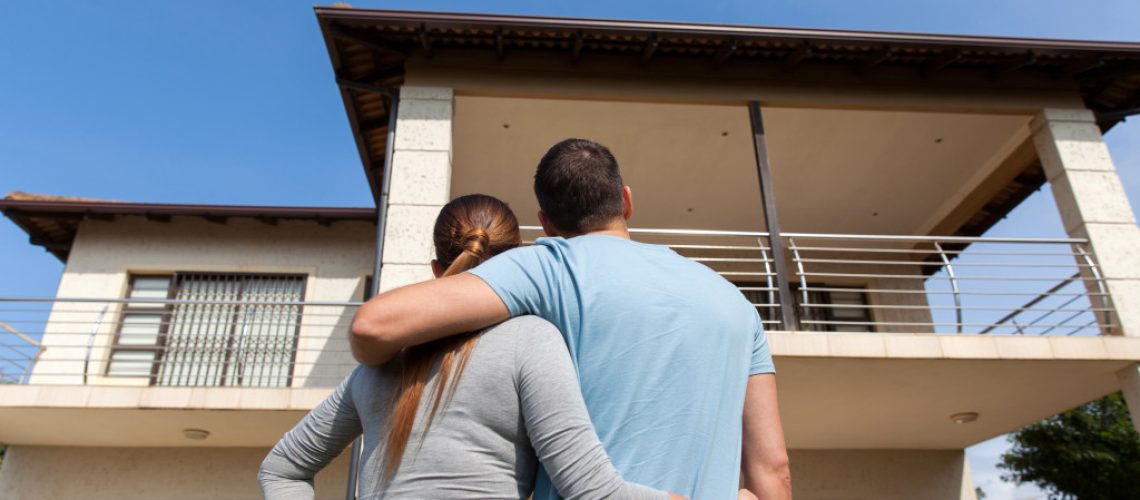- Location is a key factor when flipping a house, so research the area closely and consider future developments that may affect the sale price.
- Have an accurate budget for expenses like labor and materials and any taxes or fees associated with selling the property.
- Timing is important — having a realistic timeline will help you stay on track to maximize your profits.
- Consider what type of renovations or repairs are necessary to make the house attractive to buyers, such as repainting, updating bathrooms and kitchens, etc.
- Financing should also be considered — research lenders and shop around for terms that meet your needs.
Are you interested in flipping a house? This type of real estate investment can be a great way to make money. Seeing the potential in a property and turning it into something beautiful takes skill, determination, and knowledge of what to look for. Take a look at the five most important considerations when flipping a house:
1. Location
The location of your property is key. Evaluate the area closely and determine whether it has growth potential or if it is already seeing an increase in value. Look into the expected developments, zoning regulations, safety and other factors that may affect the final sale price. Researching the local real estate market will also help you understand current trends and set realistic expectations for what kind of return on investment you can expect.
2. Costs

Flipping a house can be expensive, so having an accurate budget in place is important. Researching the costs associated with projects and renovations is essential for success. Make sure you factor in all the expenses, including labor and materials, as well as any taxes or fees that may apply when selling the property. You also want to keep money in reserve for unexpected surprises or delays throughout the process.
3. Timing
Timing is another crucial part of flipping a house. The length of time it takes to complete a project will affect your return on investment since you are responsible for carrying costs while it’s being renovated or marketed for sale. Try to ensure you have a realistic timeline in place to stay on track and maximize your profits. You should take the real estate market’s seasonal fluctuations into account as well. Homes typically sell faster in the spring and summer months, so it’s vital to plan accordingly in the winter to be prepared.
4. Rehabilitation
Before purchasing the property, it is essential to understand what type of renovations or repairs are necessary to make the house attractive to potential buyers. You want to pay attention to trends in design and function that may be sought after when listing the home for sale. Additionally, consider whether there will be any additional costs associated with updating appliances, fixtures, or even landscaping if needed.
Some of the best renovations to increase your property’s value include:
Exterior repainting
When flipping a house, the first thing potential buyers see is the exterior of your property. Your goal should be to make a good first impression by sprucing up any chipping paint or rusty fixtures. Repainting also helps to modernize homes and make them look brand new. Choosing colors that compliment the home’s design and landscape can go a long way in improving curb appeal.
Updating bathrooms
Bathrooms are typically one of the most expensive renovations for buyers, so any remodeling you can do will be beneficial when selling. Consider updating fixtures or adding luxury details like heated floors or a double vanity. Updating any outdated materials like tile or “>countertops can also help increase your property’s overall value.
Carpet replacement

Another great way to increase a house’s value is by replacing outdated carpets or vinyl with hardwood flooring. If your property has any transitions from laminate floors to elevated floors, installing a floor reducer, or a small trim piece that covers the gap, can also make all the difference. These pieces are relatively inexpensive and provide a professional touch to your home.
Kitchen Remodel
Kitchens are the heart of any home, so ensuring you have a modern and attractive space for potential buyers is important. This can include replacing countertops and backsplashes or even updating appliances. While these may seem expensive, they can add a lot of value to your property. Adding new light fixtures in the kitchen will also help brighten the space and make it more inviting.
5. Financing
When flipping a house, you must consider how you will initially finance the project and determine which option best suits your needs. Suppose you plan to take out a loan, research lenders and shop for the best terms. If you’re using your own money, ensure you have enough to cover all the costs associated with flipping a house. It’s also important to consider any renovation setbacks and have reserves set aside in case of unexpected delays or expenses.
To Wrap Things Up
Flipping a house is a great way to make money in real estate, but many things should be considered before taking on this type of project. Location, costs, timing, rehabilitation and financing are crucial factors that should be considered before getting started. By understanding the process and having a well-thought-out plan, you can maximize your profits and enjoy success when flipping a house.





